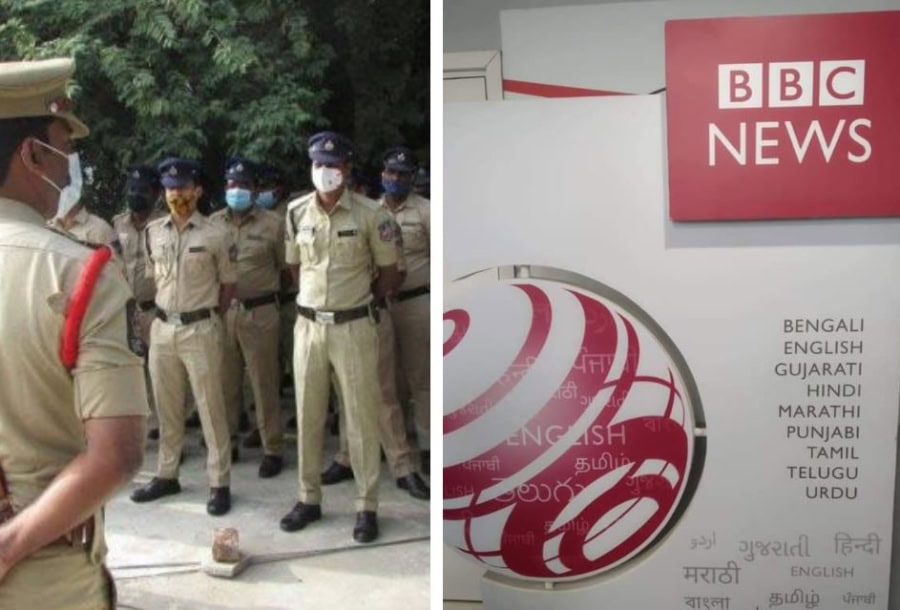NEW DELHI – In Narendra Modi-led India, being vocal on abuses carries a high price and the latest to bear the brunt is British Broadcasting Corporation which blamed the Indian premier for the Gujarat riots that left more than 1,000 people dead, mostly Muslims.
The recent action against Britain’s national broadcaster in South Asian nation comes on the heels of the BBC documentary India:The Modi Question, which recaps Modi’s direct involvement in violence against Muslims back in 2002.
As the bold documentary angered Hindutva-inspired groups, the tax authorities raided the BBC’s offices in the Indian capital New Delhi, and key metropolis Mumbai.
BBC issued a brief statement about cooperation with tax authorities, as the media giant pinned hope to have this situation resolved at the earliest. It was reported that documents and mobile phones of many journalists were seized and the premises sealed.
Amid the furor over the raid of the world’s oldest and largest broadcaster in the world, Indian officials said that they were looking into documents relating to the business operations.
This is not the first time that the BJP-led government is in bad lights; it is well known for its dark past that is now overshadowing the future with Muslims being particularly vulnerable to state repression.
The recent raid even draws flak from India’s opposition parties who slammed Narendra Modi by targeting BBC rather than going after fraud allegations against Adani Group.
Britain’s national broadcaster is latest to be hit with the probe as New Delhi grilled several thinktanks, including Amnesty International, which remained vocal for human rights violations. Modi’s critics pointed out an organized pattern of harassment in the world’s so-called biggest democracy.










